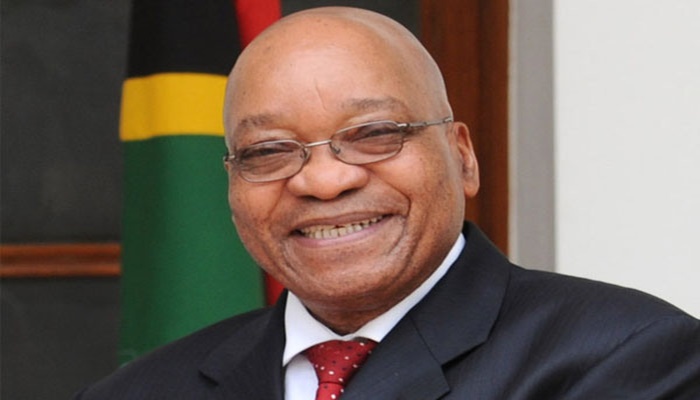
South Africa’s Supreme Court of Appeal on Friday upheld a ruling by the High Court that reinstated corruption charges against President Jacob Zuma.
Mr. Zuma approached the court seeking to have a Pretoria High Court judgment in April 2016 that ordered a review of a decision by the National Prosecuting Authority (NPA) to set aside the 783 corruption charges against him.
That decision allowed Mr. Zuma to run for president in 2009.
State prosecutors set aside the charges in April 2009, paving the way for Mr. Zuma , who has faced and denied numerous corruption allegations made since then, to run for president later that year.
In his decision to reject their appeal, Judge Lorimer Leach said it was “irrational” for the NPA to have set the charges aside.
The NPA has responsibility for deciding whether to reinstate the charges, which relate to a 30 billion rand ($2 billion) government arms deal arranged in the late 1990s. It was unclear when such a decision might be taken.
It was also not immediately clear if Mr. Zuma would approach the Constitutional Court to try to set aside the Supreme Court’s ruling.
The NPA would need to consider the judgment, spokesman Luvuyo Mfaku said, adding it would “at all times do the right thing within the confines of the rule of law and in the interest of proper administration of justice.”
The rand extended gains against the dollar after the Supreme Court’s ruling, which was unanimous.
“It is difficult to understand why the present regime at the NPA (National Prosecuting Authority) considered that the decision to terminate the prosecution could be defended,” Judge Leach said.
The focus of the corruption allegations that Zuma has faced since taking office has been on leaked emails pointing to the Gupta family, business friends of the president, using their influence to secure lucrative state contracts for their companies.
Reuters has not independently verified the emails, and Mr. Zuma and the Guptas have consistently denied wrongdoing.
NAN reports that during arguments at the Supreme Court of Appeal in September, Zuma conceded at the 11th hour that the decision to withdraw the charges was irrational‚ as the High Court had ruled.
Zuma wanted the opportunity to make fresh representations before the NPA decided to recharge him.
That would leave the decision in the hands of NPA boss Shaun Abrahams‚ who is seen as a Zuma ally.
The decision to drop the corruption charges against Zuma was taken in April 2009 by then acting national director of public prosecutions Mokotedi Mpshe.
The decision was based on what became known as the spy tapes – recordings and telephone conversations that apparently showed political interference in the decision to charge Zuma.
The day after Mpshe’s announcement‚ the charges were withdrawn against Zuma in the High Court in Durban.
In 2010‚ Zuma was sworn in as president of the country.
In April 2016‚ the High Court in Pretoria ruled that the NPA may reinstate the 783 charges against Zuma.
Credit: (Reuters/NAN)






